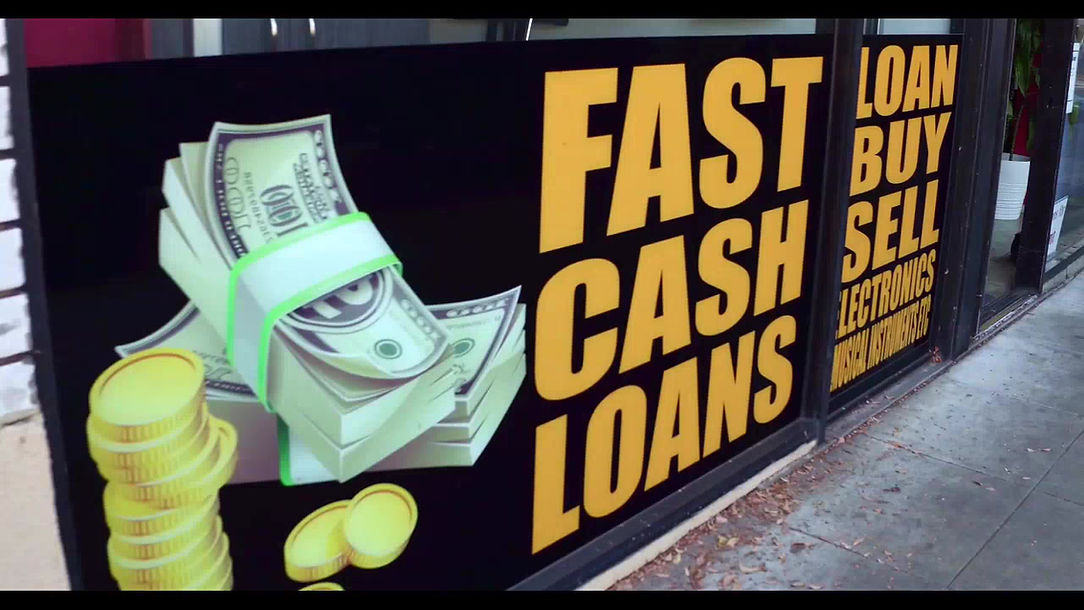What is the Real Worth of Luxury Items in the Pawn Shop World?
- Smart Cash

- Mar 3, 2025
- 4 min read

In the world of pawning, luxury items often carry an allure that goes beyond their aesthetic appeal. Whether it's designer handbags, exquisite jewelry, or high-end watches, the true value of these items can vary dramatically depending on numerous factors. Pawning can provide an immediate solution for those in need of cash, but the actual worth of luxury goods is influenced by brand reputation, condition, and market demand. This blog post delves into the intricacies of luxury items in the pawn shop realm and aims to help you understand their actual worth.
Understanding Luxury Items
Luxury items are typically defined as high-quality goods that signify wealth, privilege, and status. Brands like Chanel, Rolex, and Gucci have built their reputations on craftsmanship, rarity, and desirability. However, when it comes to pawning these items, their value is not solely based on the brand name.
Luxury items can often evoke emotional attachment, making their value subjective. For the owner, a designer handbag may represent fond memories or significant experiences, but a pawn broker must objectively assess it against market conditions and demand.
The Pawn Process Explained
Pawning entails providing a luxury item to a pawn shop in exchange for a short-term loan. The pawn shop evaluates the item and offers a loan amount based on its perceived value. Should the borrower fail to repay the loan with interest within the stipulated time, the pawn shop retains ownership of the item.
In determining the loan amount, pawn brokers consider several factors including:
Brand Reputation: High-demand brands fetch high loan amounts.
Condition: Well-maintained items are more valuable than those showing wear and tear.
Market Trends: Fluctuations in fashion and consumer demand can affect item value significantly.
Each of these factors plays a crucial role in determining how much cash can be obtained against a luxury item.
The Role of Brand Value
Luxury brands encompass not just aesthetic appeal but also a narrative of exclusivity. Brand value is often sustained by a robust history, craftsmanship, and celebrity endorsements. For instance, items from brands like Hermes or Louis Vuitton tend to hold their value exceptionally well in a pawn shop.
Additionally, limited editions or discontinued lines from well-known brands may command even higher prices. On the flip side, less prestigious brands may experience significant depreciation over time, impacting their pawn value.
Importance of Condition
The physical state of a luxury item can drastically influence its worth in a pawn shop. For example, jewelry that is well-maintained and free of visible defects can yield a significantly higher loan than a similar piece that has scratches or missing stones.
Similarly, high-end handbags should ideally be free of stains, structural issues, and wear. Documentation, such as original receipts or authentication cards, also plays a role. Items accompanied by provenance are favored and can fetch better prices.
Market Demand Dynamics
Market demand for luxury goods shifts seasonally and is influenced by popular culture, economic conditions, and the overall luxury market trends. Economic downturns may lead to lower interest in high-end items, while a resurgence in fashion can spike demand and thereby increase value.
Current trends—for example, a revival in vintage styles—can also impact what items are hot in the pawn world. Awareness of these dynamics is beneficial for both pawn shops and individuals looking to pawn their luxury items.

Getting the Best Value for Your Luxury Items
To maximize the loan amount for a luxury item, consider the following tips:
Research the Market: Understand the asking prices of similar items in the market.
Keep Items in Good Condition: Regular maintenance and proper storage can preserve value.
Provide Documentation: If available, include the original purchase receipt or certificates.
Shop Around: Different pawn shops may offer various amounts; do not settle for the first offer.
Be Realistic: Recognize that the pawn offer will generally be lower than the retail value, as pawn shops need to account for resale risk.
Secrets of the Pawn Shop: What You Didn’t Know
Many people are unaware of the fact that pawn shops can create an environment where negotiation is possible. They are often flexible in pricing, allowing individuals to engage in discussions that could lead to a better offer.
Moreover, luxury items can sometimes be sold at a consignment basis, where the pawn shop sells the item on behalf of the owner, allowing for potentially greater financial returns. Understanding these avenues can help individuals make informed choices when pawning luxury goods.
Conclusion
While luxury items are often seen as symbols of wealth and affluence, their true worth in the pawn shop world can be complex and nuanced. Factors such as brand reputation, item condition, and market demand are critical in determining value. Understanding these elements empowers individuals, enabling them to make informed decisions when pawning luxury items.
Ultimately, the pawn shop process offers a viable way for individuals to leverage the value of their luxury possessions in times of financial need. Hence, the real worth of luxury items in this sector can indeed provide surprising financial opportunities to those willing to explore it.


























Comments